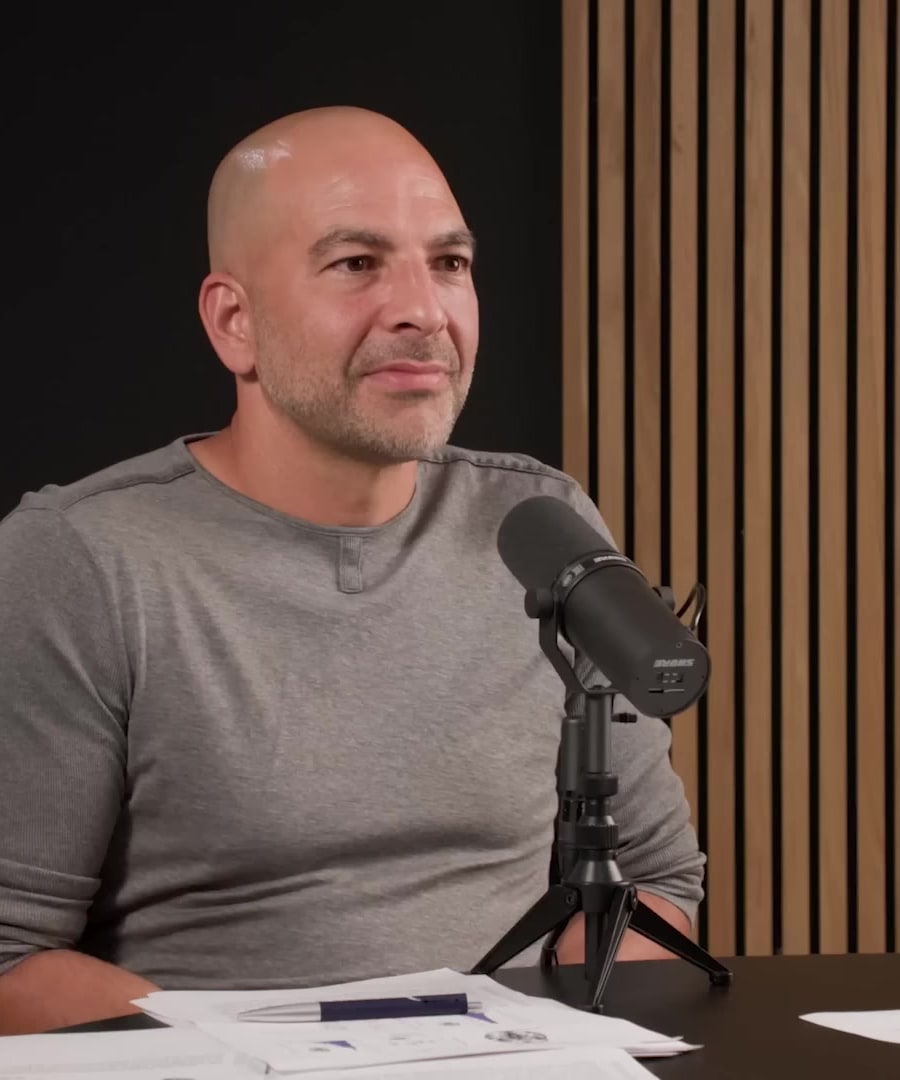Why are placebo and belief effects so powerful?
Sources:
Placebo and belief effects have a notable impact on both psychology and physiology due to the power of perception and expectations. explains that placebo effects, such as in an experiment with memory pills, demonstrate how belief impacts outcomes even when the substance provided is inert. The way we are mentally biased by information can affect our physiological responses, such as blood pressure and body fat loss, as shown by a study mentioning the supposed health benefits of certain activities to participants 1.
Additionally, belief effects extend beyond a simple placebo response, involving knowledge and context that can shift psychological and physiological states. For instance, the perception that stress can enhance performance leads to better outcomes than believing stress impedes performance, and perceptions about food can influence hormonal responses like ghrelin secretion – a hormone that signals hunger 2.
Dr. Huberman also refers to research from Ali Crump's team at Stanford, which demonstrates how the benefits of an activity or substance can be amplified by an individual's belief in those benefits 3.
These effects emphasize the connectivity between mental states and physical health, illustrating that what we believe about our actions and treatments can significantly influence their actual impact on our well-being 4 5.
RELATED QUESTIONS
Why are placebo and belief effects so powerful?
- RELATED QUESTIONS




